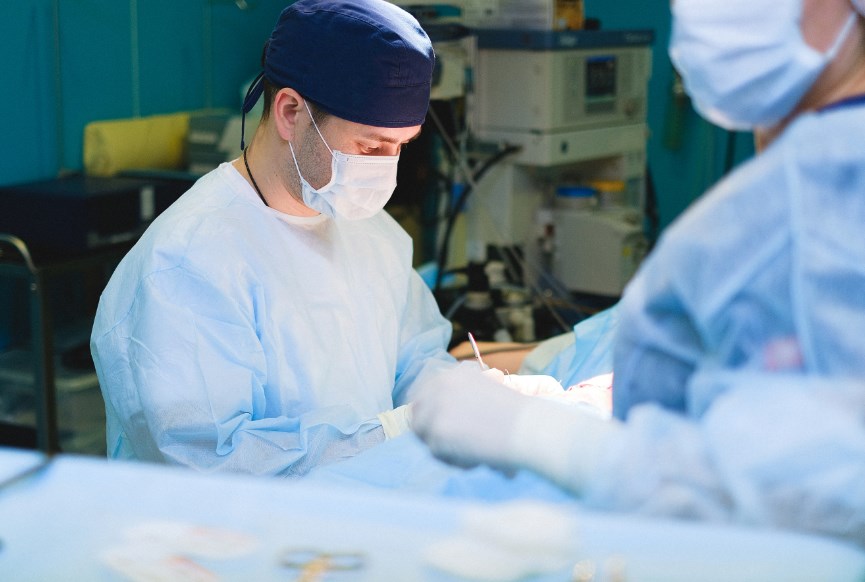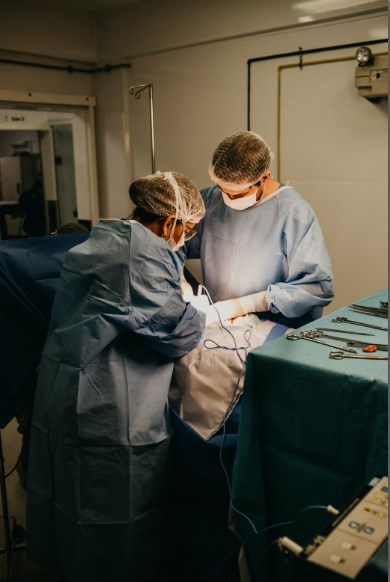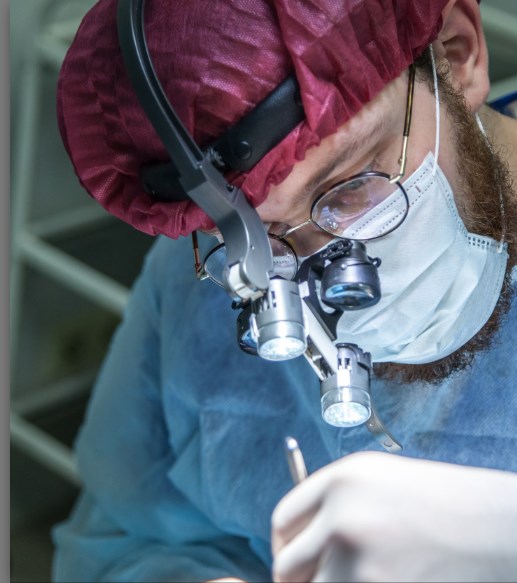In cases of severe liver illness, liver transplantation is a vital medical treatment that can save a patient’s life. The need for liver transplants is growing in India, especially in Delhi. At Liver Transplant International, one of the Best Liver Transplant Hospitals in Delhi, you can get treatment at an affordable cost.
Why Liver Transplant?
When a person experiences either acute (sudden) or chronic liver failure, a liver transplant can save lives. Acute Liver Failure (ALF) occurs unexpectedly, and there could be several causes for it. Hepatitis A and E acute viral infections are the most common cause in India. End-stage liver disease, another name for chronic liver failure, develops more slowly over several months, years, or even decades. The most common cause of chronic liver failure is cirrhosis, a disease in which the liver’s cells gradually die and are replaced with scar tissue throughout.
Advantages of Getting Treatment at Liver Transplant International
Here are some of the advantages you can get at Liver Transplant International, one of the Best
Liver Transplant Hospital in Delhi:
● Affordable Cost: One of the main considerations impacting the decision-making process of liver transplants is cost. Liver Transplant International is a more affordable option for people seeking high-quality healthcare.● Skilled Professionals: Liver Transplant International has one of the best and most accomplished medical experts, Dr. Neerav Goal, his expertise in liver transplant is well-known in India.
● Shorter Wait Times: Patients’ wait times for transplants are considerably shorter in Liver Transplant International.
● Modern Infrastructure: We have state-of-the-art equipment and modern amenities, ensuring a superior standard of treatment.
Why choose us?
Liver Transplant International is among the Best Liver Transplant Hospital in Delhi. We take a holistic approach with our multidisciplinary team to treat a wide range of liver conditions. A specialized facility in Liver Transplant International offers complete care and treatments related to liver transplants. At the helm of our liver transplant program is a team of highly skilled and experienced doctors who have overseen and nurtured the program’s growth from its inception.






